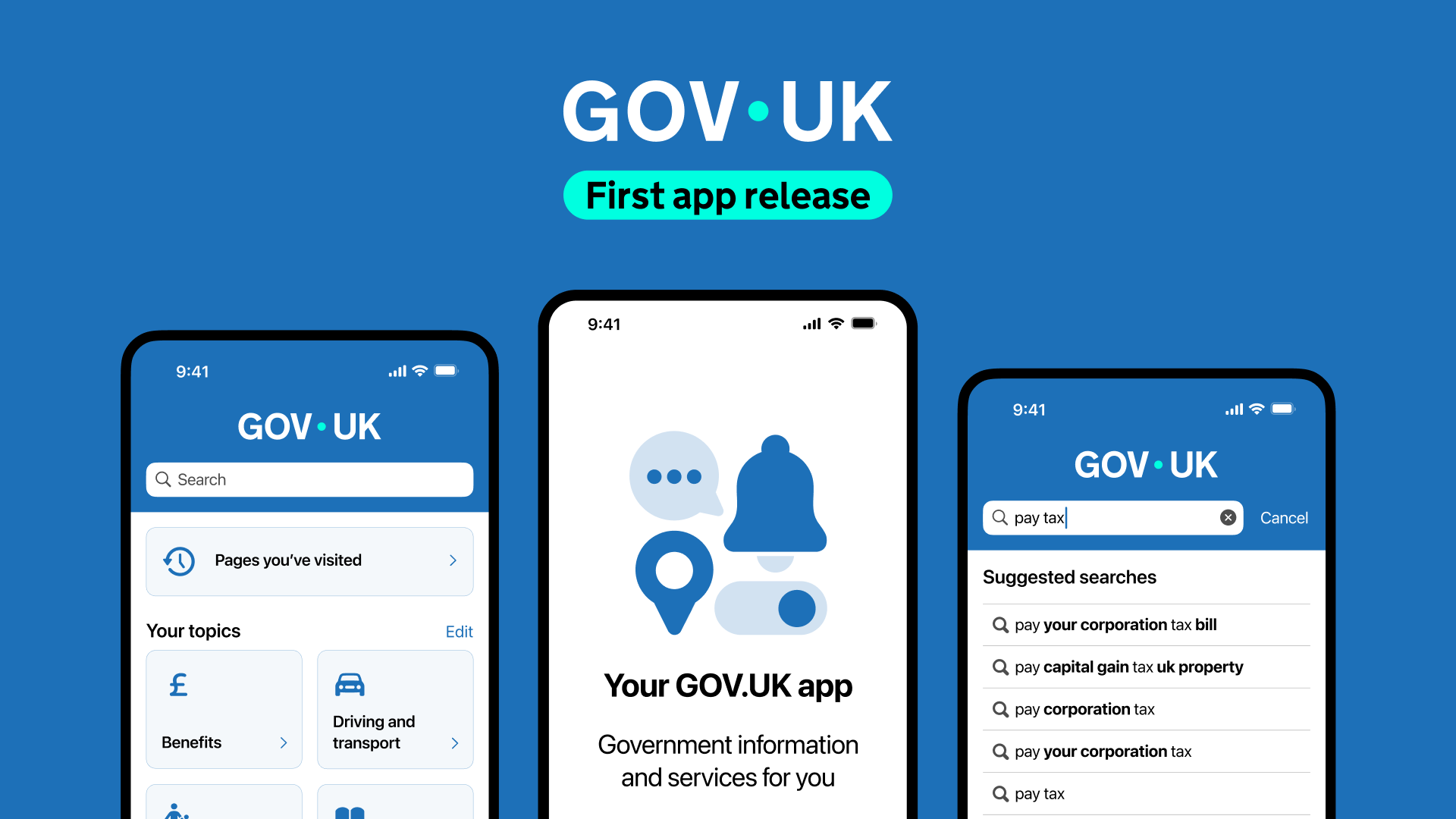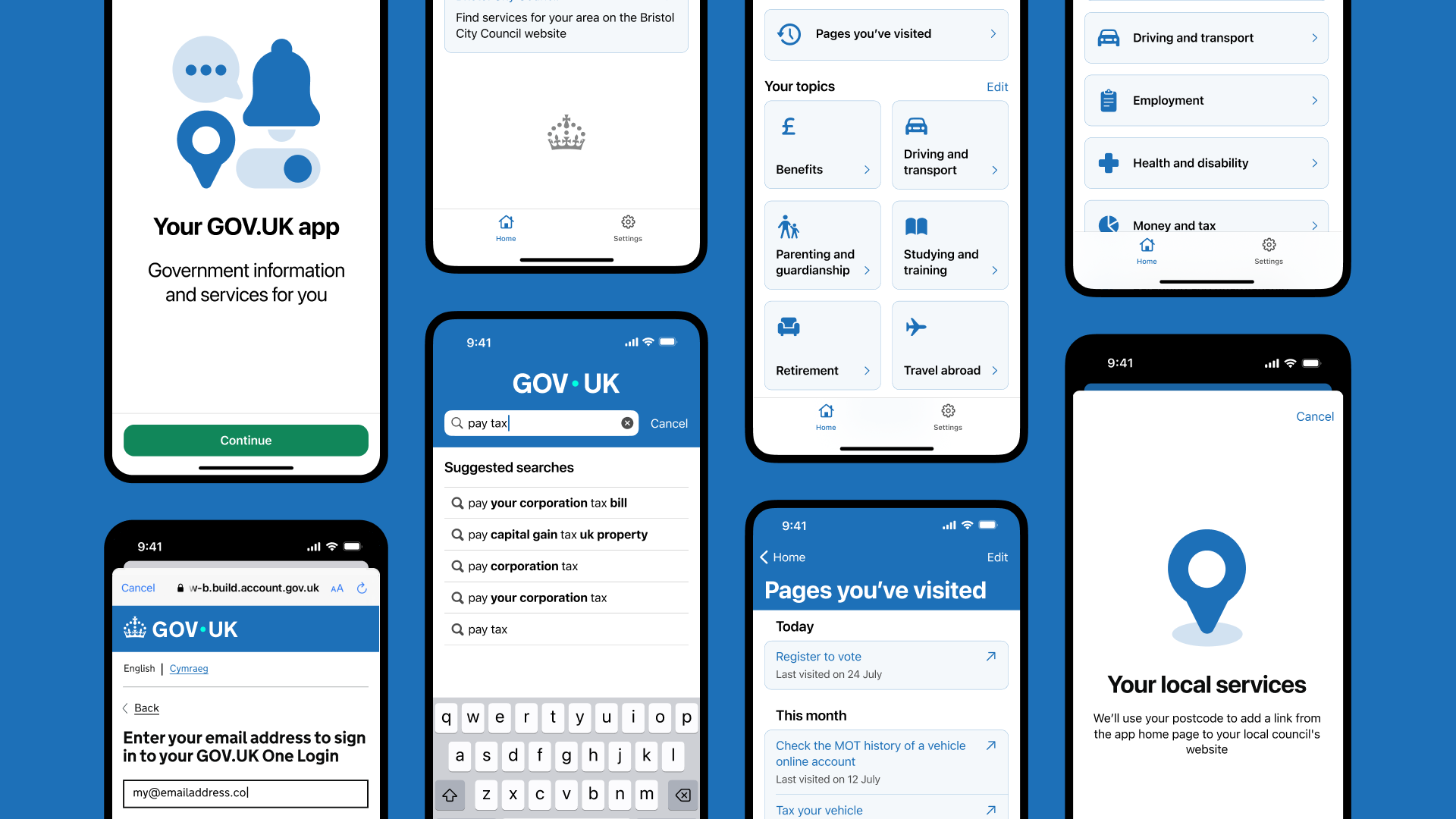IT reseller Insight’s public sector chief argues that failing to invest in digital could hurt the government’s ability to deliver services
As we journey towards an increasingly digital environment, it’s never been more important for the government to prioritise investment in digital technology to deliver seamless services, efficiency savings, and security. However, continued budget cuts in IT infrastructure have left a legacy of fragmented and ineffective systems within the public sector.
The major global cyberattack in May which devastated a number of businesses and organisations across multiple countries saw one public-sector organisation particularly affected by the malicious attack – the NHS. Computers hit by malware at hospitals and GP surgeries sent the entire institution into chaos, impacting thousands of patients and employees from all over the country.
In times of increased budget cuts, NHS decision makers are left with a difficult decision – prioritise upgrading IT or deliver life-saving operations and the latest drugs for patients.
And it doesn’t stop there.
NHS PCs are still using an older version of Windows because newer versions do not interface with current systems, including equipment such as MRI scanners. And, because of this, the cost of upgrading is not just in the software and device replacement, it has far-reaching implications running into millions of pounds’ worth of investments.
As seen by the effects of events such as this, failing to prioritise IT spending risks stunting the public sector’s ability to deliver the best possible outcomes to the people it serves. After all, from the emergency services to education, almost every single person in the UK relies on or benefits from our heroic public sector services.
With success in the private sector, digital technologies also have great potential in the public sector. Indeed, it was a McKinsey report which revealed that if governments were to harness the full potential of digitisation, it could release up to $1tn annually in economic value globally. From new, improved services for citizens, to enhancing efficiency within organisations, better fraud management and even saving lives, its benefits have never been clearer.
A prime example of one of the greatest digital advances on a global level has been in healthcare, where IoT solutions can facilitate remote patient monitoring. Modules which use sensors to collect data on movement, heat, and sound, can then analyse this data to identify abnormal behavioural patterns. For example, within a residential home the system could measure the daily movements of residents, recognise if someone is possibly unwell or, worse, not moving, helping to prevent a potentially fatal injury.
It’s clear we are navigating through uncharted digital waters, so governments must be doing everything possible to support public sector organisations with prioritising IT spending. Otherwise, we may quickly find ourselves with outdated systems and process, and continued disruptions to essential public services.



